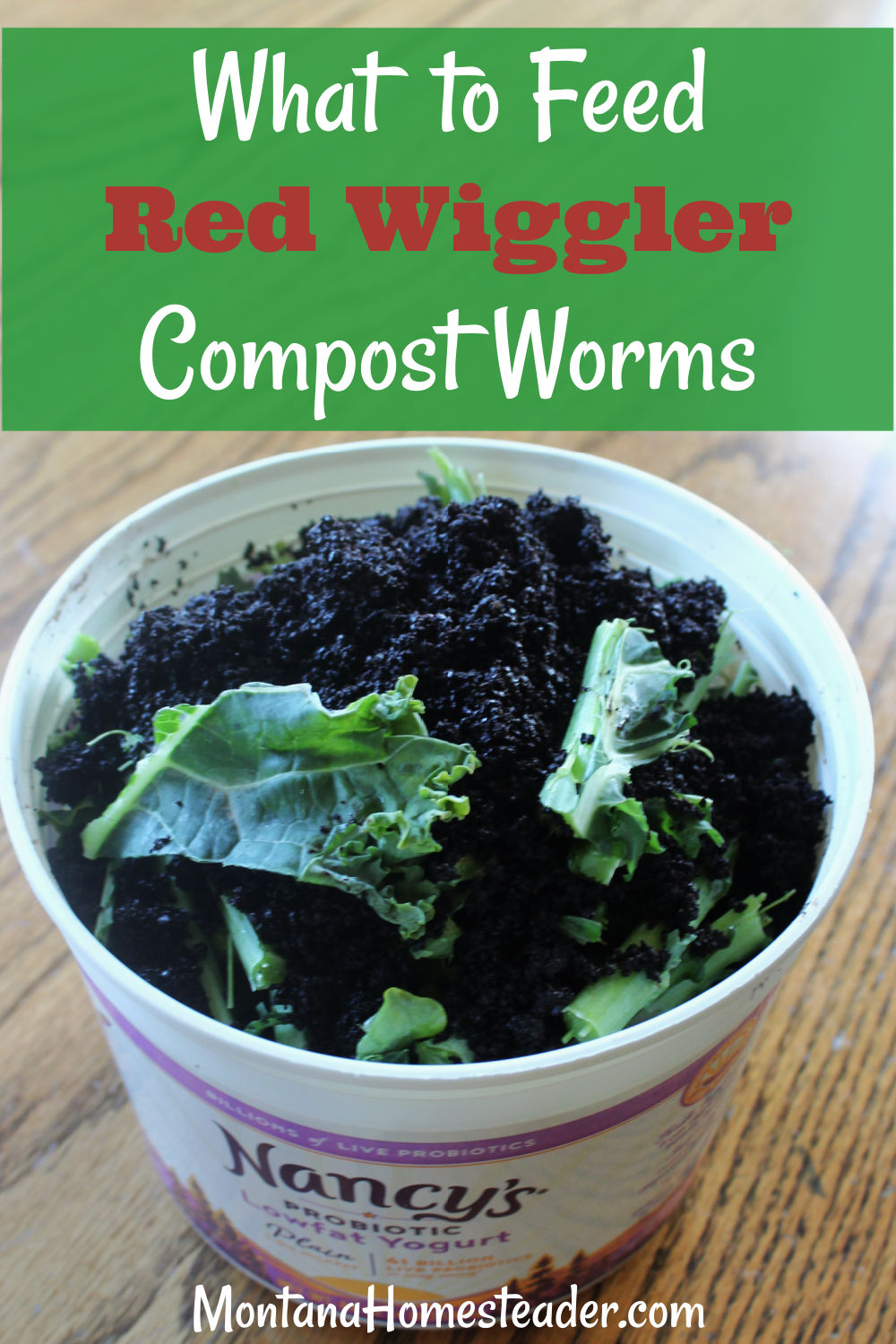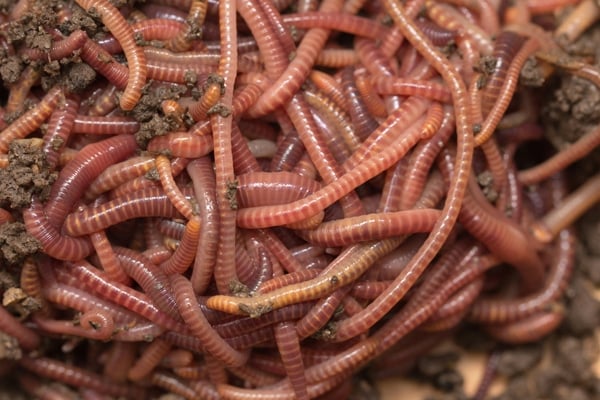Red Wigglers 101: Everything You Need to Know for Thriving Gardens
Red wigglers, or Eisenia fetida, play a vital role in sustainable horticulture practices, working as reliable decomposers that transform natural waste right into beneficial vermicompost. Comprehending their habitat, nutritional preferences, and the myriad advantages they offer can change your gardening technique (Red Wiggler Express). As these worms flourish in details conditions, their treatment and administration are vital for optimizing their payments to soil health and wellness. The concern remains: what steps can you take to harness the full capacity of these amazing organisms in your own yard?
Comprehending Red Wigglers

Red wigglers grow in settings abundant in organic product and wetness. Red Wiggler Express. They possess an one-of-a-kind digestive system that enables them to process food scraps rapidly, excreting castings that are packed with crucial nutrients such as nitrogen, phosphorus, and potassium. These spreadings boost dirt structure, enhance water retention, and foster advantageous microbial activity, every one of which add to robust plant health
In addition, red wigglers can endure in varied problems, making them versatile to various horticulture techniques, including interior and outdoor composting systems. Their capability to consume large quantities of organic waste day-to-day positions them as useful allies for both home gardeners and commercial farmers. By incorporating red wigglers into horticulture initiatives, one can substantially enhance dirt fertility and support lasting gardening methods.
Ideal Habitat for Red Wigglers
Developing an optimum atmosphere for red wigglers is vital for optimizing their composting capabilities and total health and wellness. Red wigglers thrive in moist, dark, and well-aerated habitats, which carefully resemble their natural surroundings in leaf clutter and decomposing raw material. A suitable habitat should give a temperature level array between 55 ° F and 77 ° F(13 ° C to 25 ° C), as extreme temperature levels can worry or hurt the worms.
The bed linens material, such as shredded paper, cardboard, or coconut coir, must be kept wet yet not overly damp, as extreme wetness can bring about anaerobic conditions harmful to worm wellness. Additionally, a pH level in between 6.0 and 7.5 is perfect, making sure a well balanced atmosphere.
Proper aeration is just as vital; it permits oxygen blood circulation and protects against the buildup of harmful gases. A container or bin designed for vermicomposting ought to have drain holes to remove excess moisture and advertise air flow. Normal surveillance of these conditions is crucial for maintaining a thriving red wiggler populace, ultimately enhancing their performance in damaging down organic waste and improving yard soil.
Dietary Needs and Preferences

Red wigglers exhibit certain choices; they are specifically warm of softer, disintegrating materials over more challenging or more fibrous substances. It is vital to stay clear of feeding them citrus peels, onion, and garlic in big amounts, as these can be dangerous. Furthermore, meat, milk, and oily foods should be left out, as they can draw in bugs and create unpleasant smells.
(Lake Rhodhiss Bait)Eco-friendly products, such as vegetable scraps, give nitrogen, while brownish products, like cardboard and dried out fallen leaves, supply carbon. By catering to their nutritional demands, gardeners can foster a thriving population of red wigglers in their garden compost systems.
Benefits of Utilizing Red Wigglers
The remarkable benefits of using red wigglers in horticulture extend far beyond their duty in composting. These flexible microorganisms contribute considerably to soil wellness, improving nutrition accessibility and advertising microbial activity. By freshening the soil as they delve, red wigglers improve drainage and origin penetration, developing an ideal atmosphere for plant development.
Additionally, red wigglers are effective recyclers of organic waste, transforming it right into nutrient-rich castings that act as an excellent all-natural fertilizer. These castings include useful microbes and essential nutrients, such as nitrogen, phosphorus, and potassium, which are vital for plant advancement. The slow launch of nutrients from worm castings guarantees a constant supply, decreasing the danger of nutrient leaching and promoting lasting gardening methods.
Utilizing red wigglers fosters a more lasting gardening method by minimizing reliance on chemical fertilizers and advertising a closed-loop system, where waste is transformed into useful resources. Generally, integrating red wigglers right into gardening techniques provides a wide range of ecological and agricultural benefits.
(Granite Falls NC Worms For Sale)
Composting With Red Wigglers

To initiate an effective vermicomposting system, choose an ideal container with correct air flow and drainage. The suitable atmosphere for red wigglers includes a wet, dark setup with temperatures between 55 ° F and 77 ° F. Begin by layering shredded paper, cardboard, and food scraps, ensuring a well balanced mix of carbon and nitrogen-rich products.
Red wigglers grow on veggie peels, fruit scraps, coffee grounds, and eggshells, while preventing meat, dairy, and oily foods that can attract pests. Regularly monitor moisture levels; the bed linens ought to perspire yet not soggy. Harvest worm spreadings every few months by dividing the worms from the compost, which can then be used directly in yards or stored for later usage.
Applying vermicomposting not just lowers landfill waste however likewise enriches yard soil, promoting healthy and balanced plant development and sustainable horticulture practices. Accept this green method to enhance your horticulture endeavors.
Conclusion
In recap, red wigglers are essential organisms for boosting yard efficiency through effective composting. Their details environment demands, dietary preferences, and significant benefits add to sustainable gardening methods. By making use of red wigglers, garden enthusiasts can considerably improve dirt top quality and nutrient schedule, promoting healthier plant growth. Welcoming the technique of vermicomposting not just supports waste reduction but additionally promotes an environmental equilibrium within yard environments, eventually causing thriving and resistant gardens.